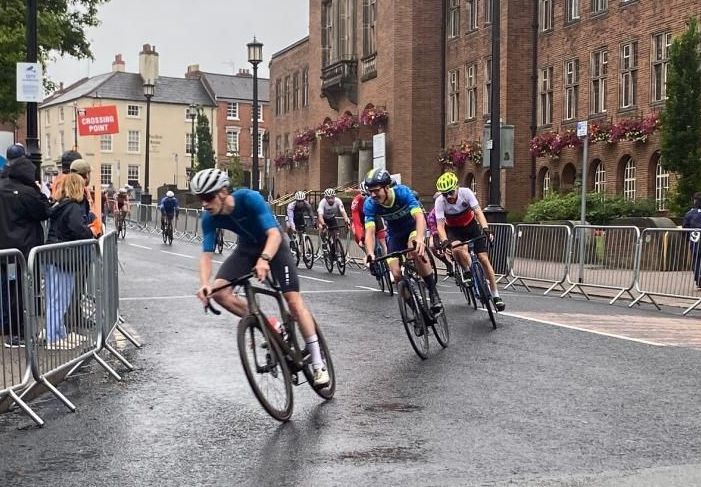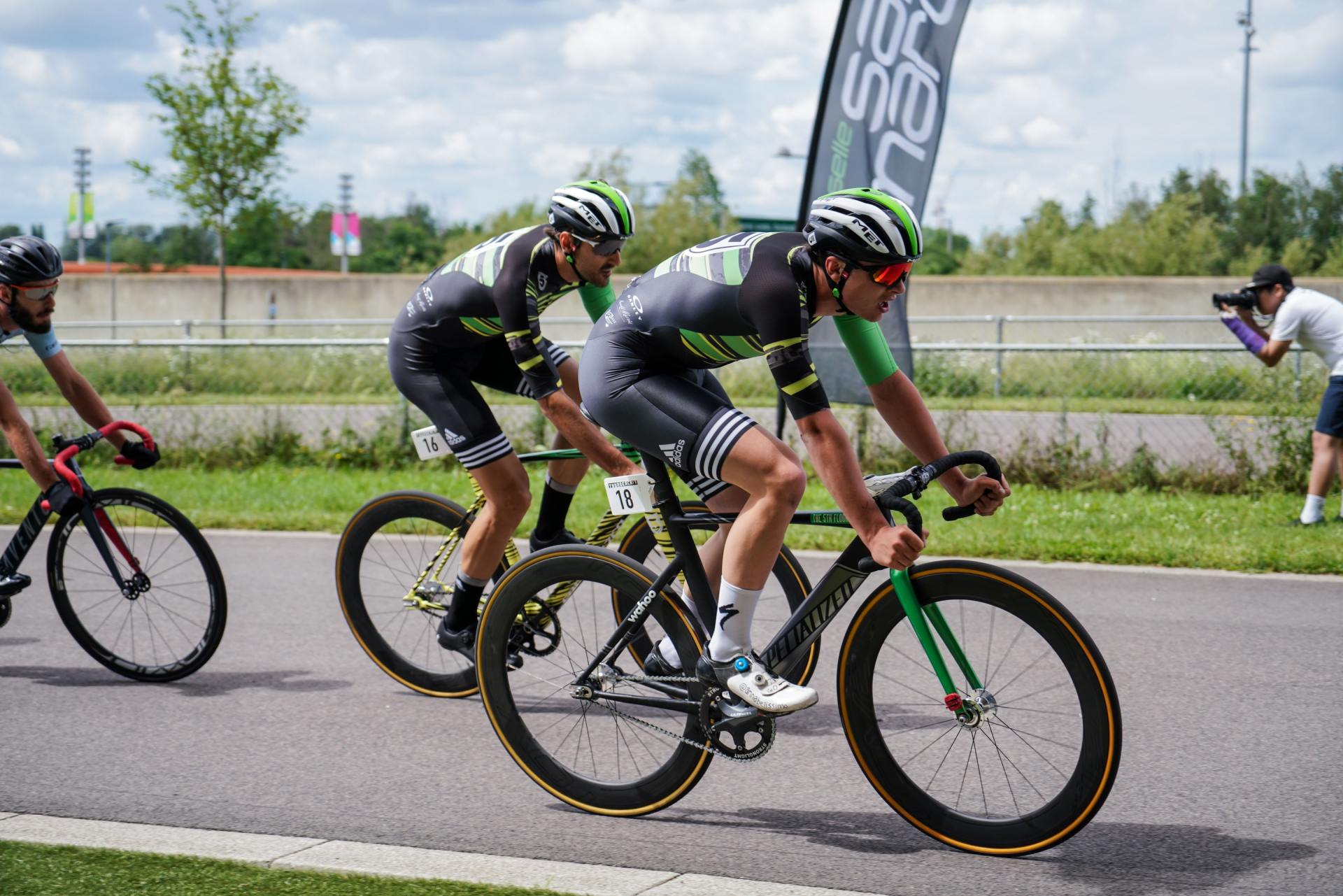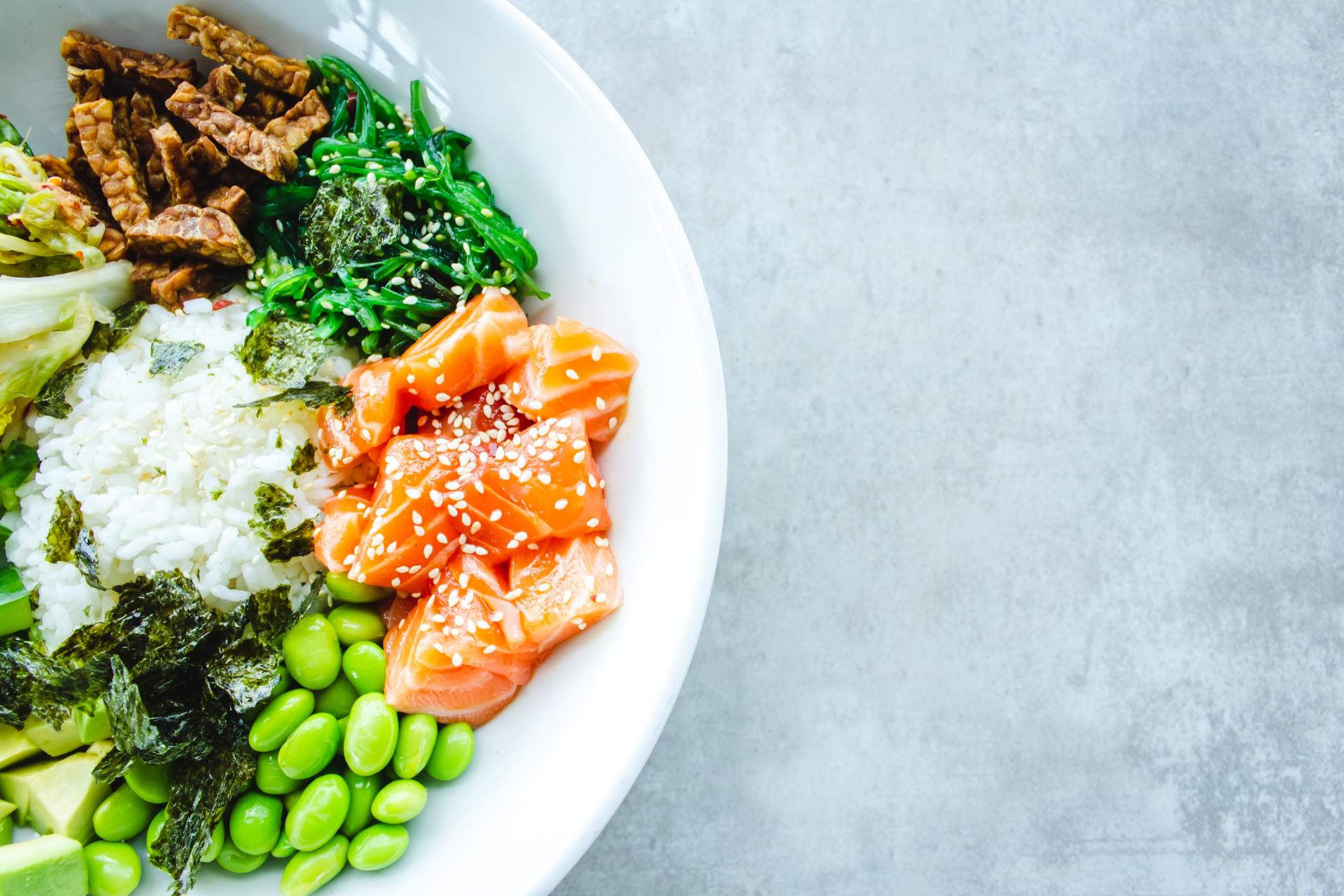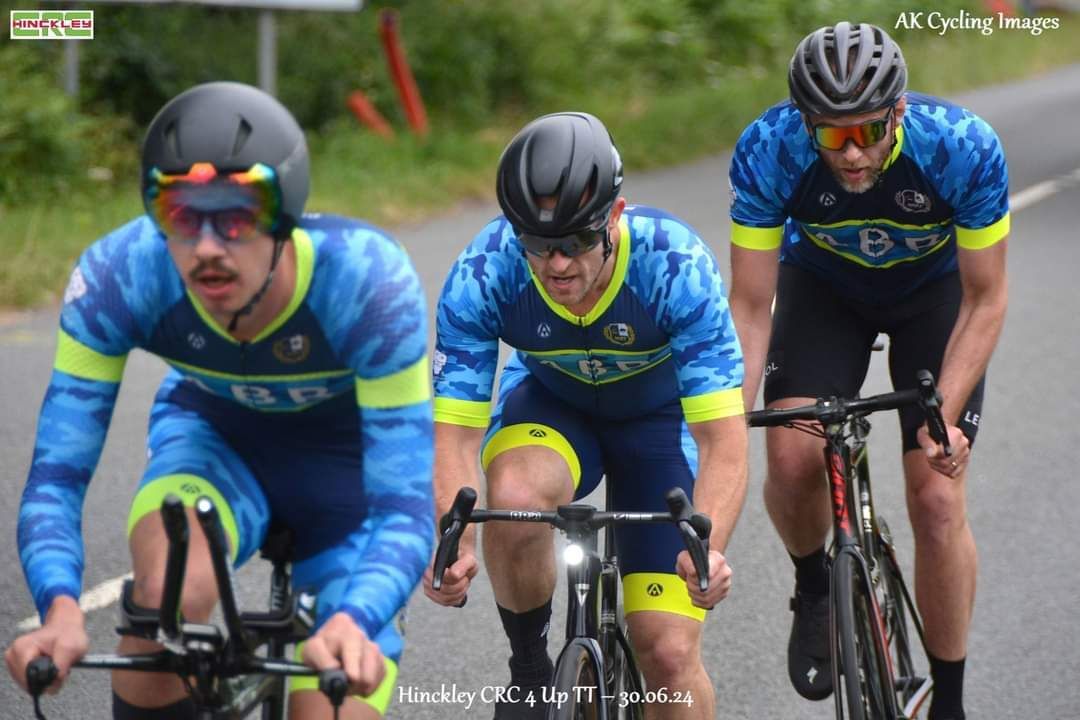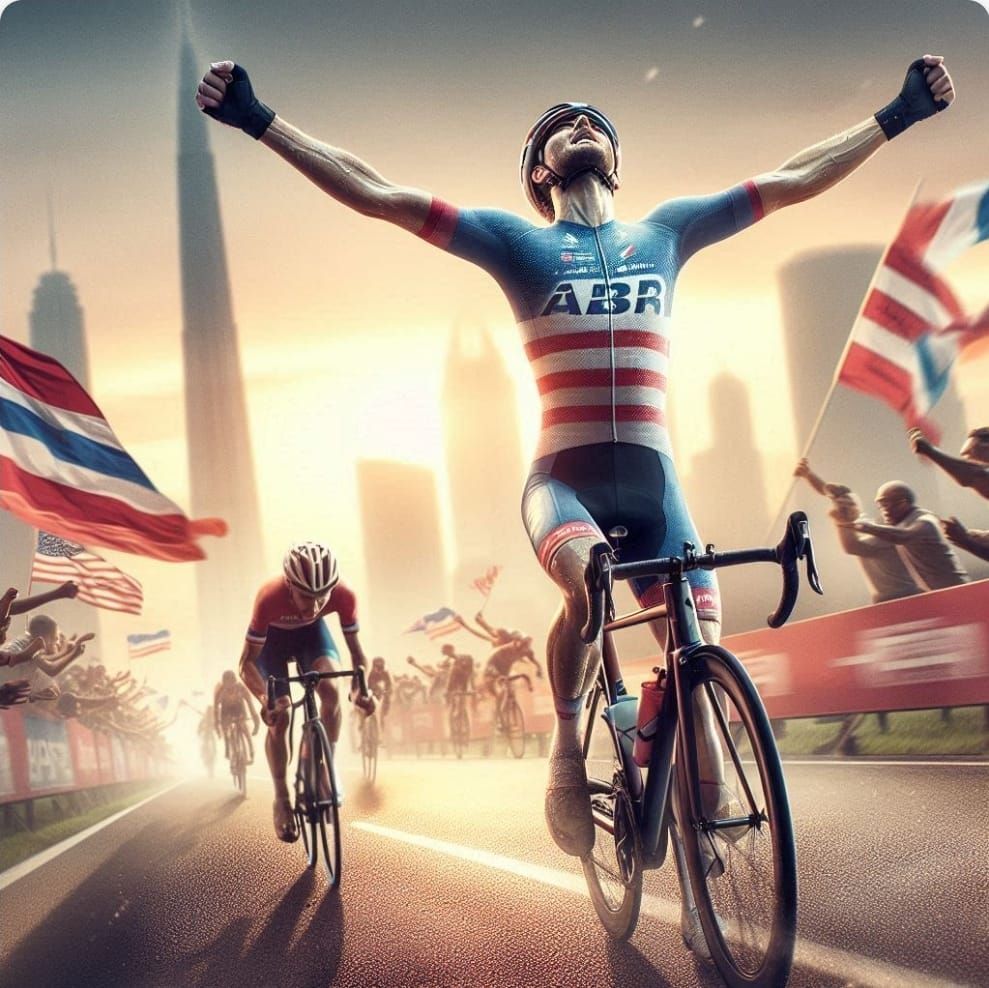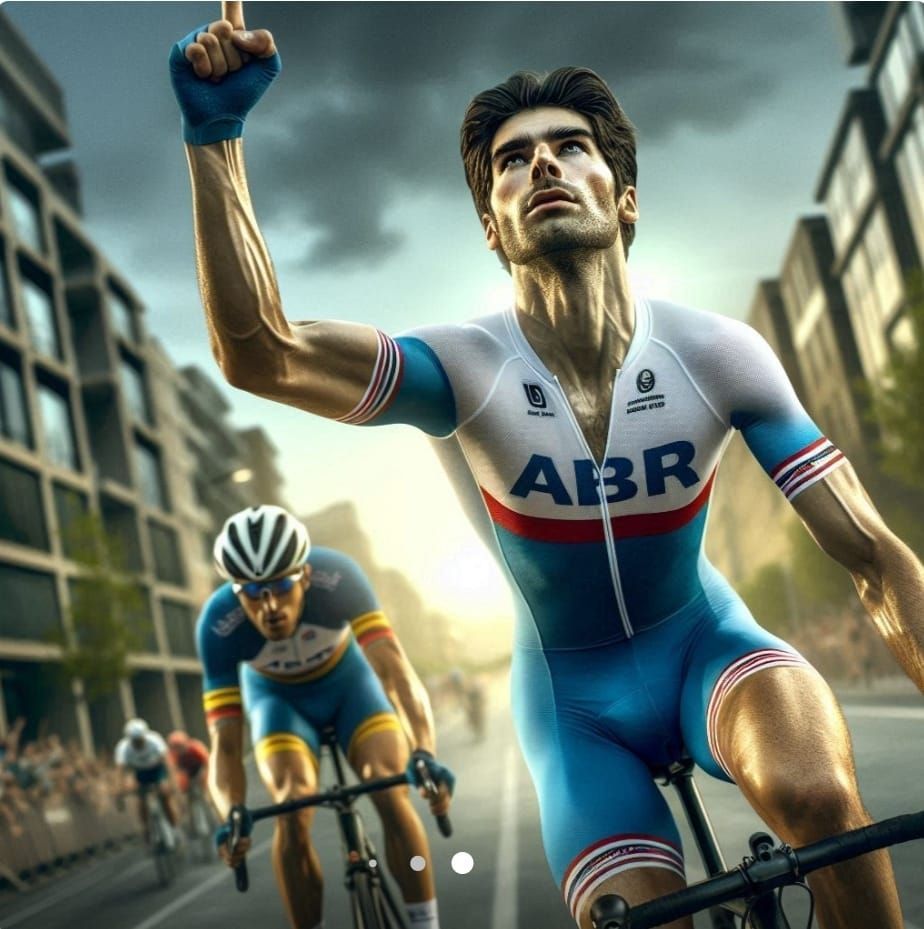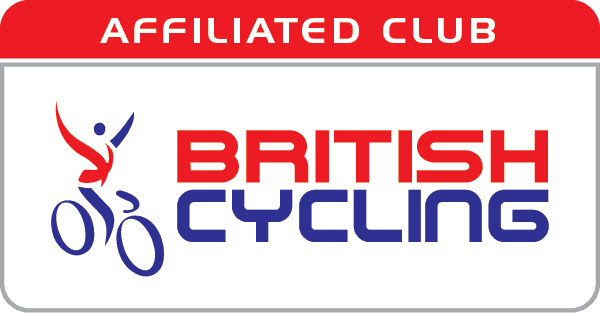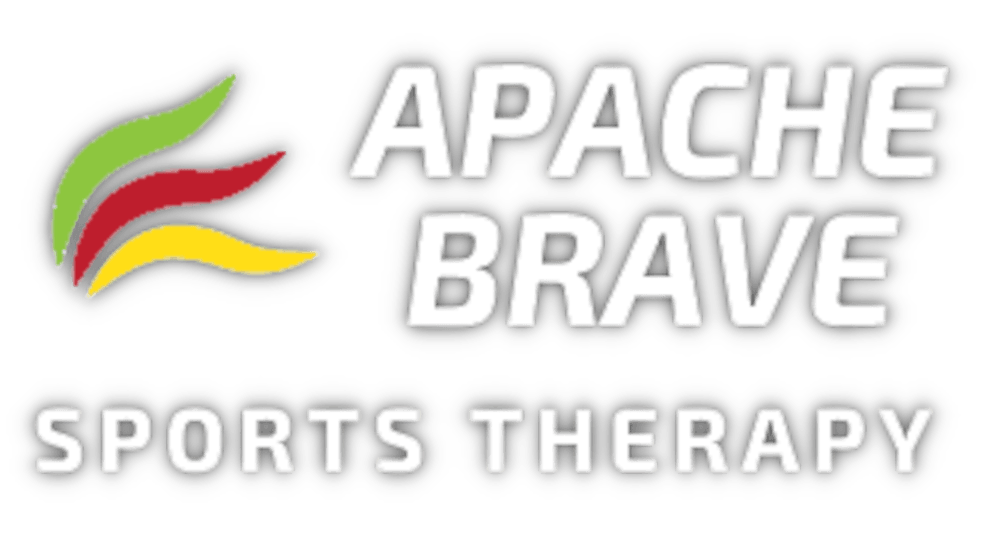Support the ABR Team
Help build a better experience for our ABR cycle team. We spend many hours on a non-paid basis.
A Cyclist Diet
Planning a cyclist diet guide
Road cycling encompasses a variety of events including time trials, criteriums and road races of varying distances, from 10km to 150km. For road cyclists, the majority of training occurs on the road, with distances of 200km or more per week for serious club-level cyclists.
This is why diet and nutrition play a vital and pivotal role in performance, eating the right food at the correct times will help achieve your targets throughout the season. Practising with different foods to optimise your performance will help you feel more ready for “race day” events. Depending on what type of training and cycling you do will dictate your diet, finding the right balance will play a key role in your performance.
Training diet
To support the long hours of training for road cyclists, a nutrient-rich diet is necessary. Carbohydrate needs should match training loads and the timing of meals and snacks should be planned to ensure adequate refuelling, repair and adaptation. This is especially true during high-volume training blocks. Daily carbohydrate requirements depend on training demands but typically range from 4-7g/kg/day for club cyclists
Frequent meals and snacks can help meet energy and carbohydrate needs when requirements are high. Including protein-rich foods spread evenly over the day helps to promote adaptation and recovery.
Athletes with a restricted-energy budget should plan the timing of their meals to be able to eat soon after training to maximize recovery. Recovery snacks or meals should be nutrient-rich (carbohydrate, protein and micronutrients) – for example, fruit, dairy, wholegrain and lean proteins – to ensure that nutrition needs are met within the energy budget.
Hydration needs for road cycling
Road cyclists should aim to drink enough fluids each day to replace fluid losses, adapting their fluid intake to factors which impact fluid losses such as temperature, wind, sweat rate, training intensity.
The aim is to start any session well-hydrated. This requires drinking regularly throughout the day leading up to training or competition. Having a drink with all meals and snacks and sipping on fluids regularly during training is a good start.
It is not necessary or practical to replace all fluid losses during a training session or race. Drinking water while consuming salt-containing foods (e.g. bread or crackers) can be as effective as specialised rehydration drinks for replacing fluid losses in the recovery period.
What to eat before cycling
The body only has a limited supply of carbohydrates in the muscles and liver. Since carbohydrate is the main source of fuel for the body during high-intensity exercise, muscle fuel stores should be topped over in the 24-48 hours before competition to enhance endurance performance.
Depending on the length of the race, a cyclist may need a high-carbohydrate diet for 1-2 days leading into an event. Choosing low-fibre foods and making use of compact carbohydrate foods or liquids in the last 24 hours before an event helps to reduce the stomach contents and the risk of gastrointestinal upset.
On race day, the final pre-event meal should be eaten ~2 hours before the start. Foods chosen should be rich in carbohydrates and low in fat and fibre to aid digestion and prevent stomach issues. If the athlete is nervous or solids don’t sit well a liquid carbohydrate (e.g. smoothie) is a good alternative. Some other suitable ideas include:
- Porridge with milk and fruit
- Rice based dish (e.g. risotto)
- Fruit smoothie
- Baked potatoes
A smaller snack may also be eaten 1-2 hours before. Some suitable pre-race snack ideas include:
- Creamed rice
- Yoghurt with banana
- Fruit toast with peanut butter
- Muesli bar + fresh fruit
What to eat and drink while cycling
Cyclists should aim to start events l-hydrated. Not sufficiently replacing sweat losses can negatively impact cognitive performance and reduce power output. In road races, sipping on fluid regularly throughout the event will help to top up fluid levels. During short criteriums and time-trials, usually no fluids are carried to reduce bike weight so pre-event hydration is particularly important, especially if hot. Water is suitable for short sessions, but in long events or in hot weather, sports drinks help to simultaneously replace carbohydrates and electrolytes.
The amount of carbohydrates needed during events will depend on the distance and time taken to complete the race. For short high-intensity events, regularly mouth-rinsing with a carbohydrate drink, may provide performance benefits. In longer events (beyond 90 minutes), consuming ~30 to 60g of carbohydrate per hour is recommended to prevent muscle fatigue, and maintain power output and cognition. Higher rates of carbohydrate (up to 90g/hour) may provide additional benefit at high speeds and events longer than 3 hours, but this must be a mixture of glucose and fructose and will need to be practised during training.
A range of foods and liquids can be consumed during races including bananas, energy bars, gels, sports chews, fruit cake/fruit buns, jam sandwiches, dates or sports drinks.
Post-race recovery
To adapt to the physiological effects of training sessions and competition, recovery is crucial. Recovery meals and snacks should contain carbohydrates (fuel), some protein (for muscle repair and development) and fluids and electrolytes to replace sweat loss. Nutrient-rich choices are more valuable than nutrient-poor choices to meet nutrient goals, reduce inflammation and support immunity.
When energy needs are high and appetite is suppressed or gastrointestinal problems occur following exercise fluids may be preferred (e.g. fruit smoothies, flavoured milk). Other recovery food suggestions include:
- Muesli with nuts and seeds
- Chicken, avocado and salad sandwich
- Burritos with beef, cheese, avocado and salad
Final Note:
Don't try anything new on race day. Always experiment with types and timing of food and fluid intake during training.
ABR blogs are brought to you by Bloobo.com Website Builders.
What do they do?
Bloobo.com offers a wide range of services nationwide, all serviced from their offices in Derby.
Services include: Website Builder. Mobile apps. Marketing
They will work with you to design and build your website to match your brand, help attract new customers and manage social media and marketing consultancy.
Everything is designed for your brand and they offer great value whilst guaranteeing high quality.
